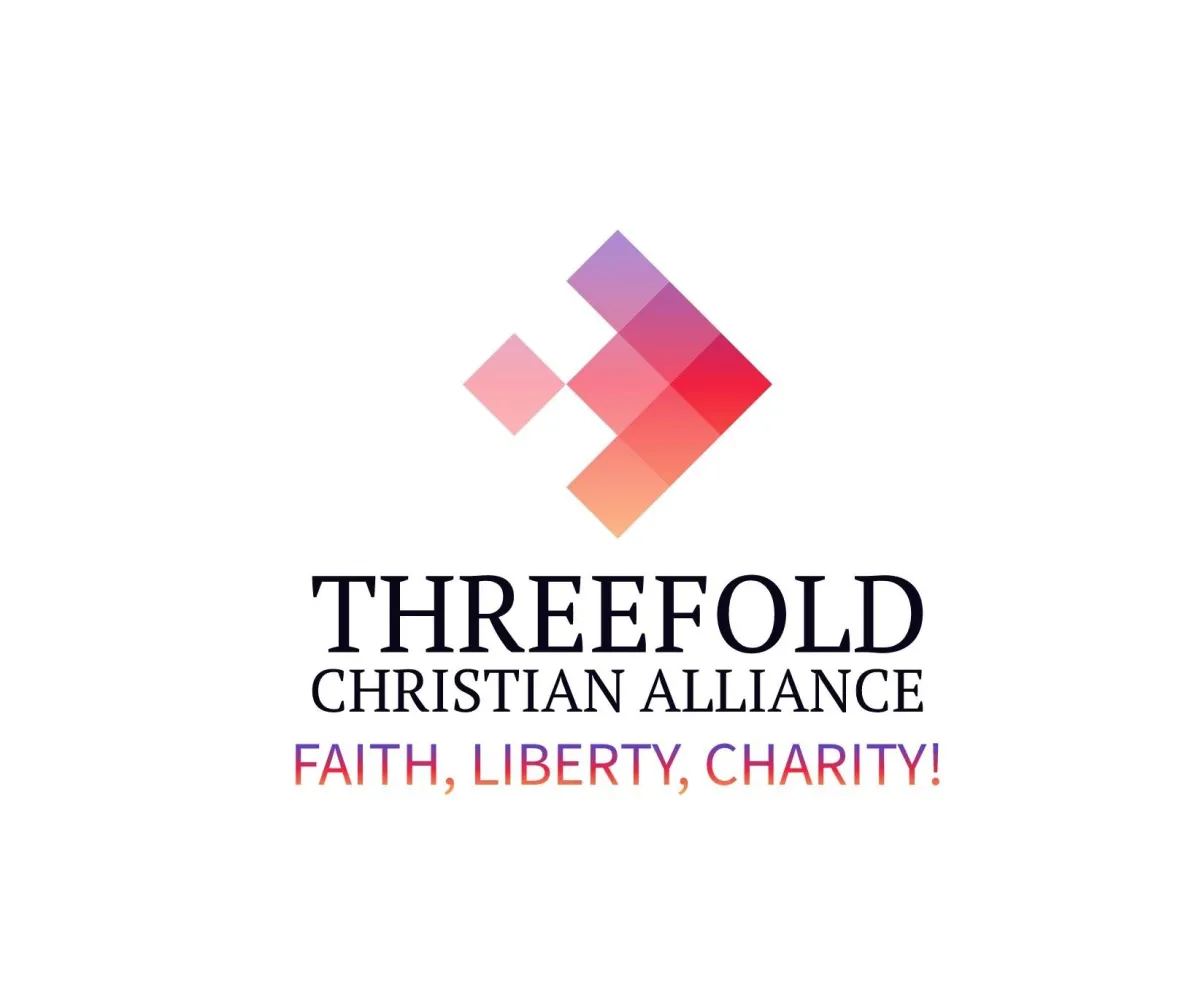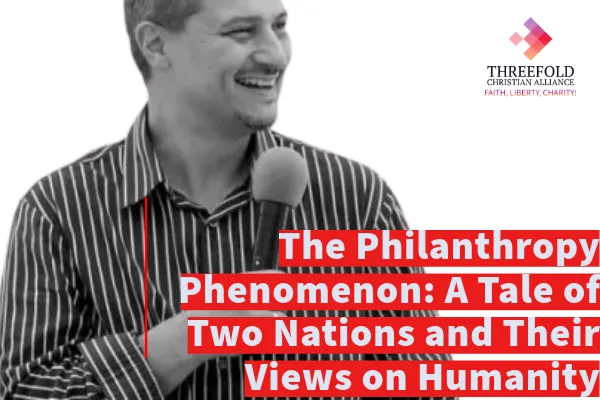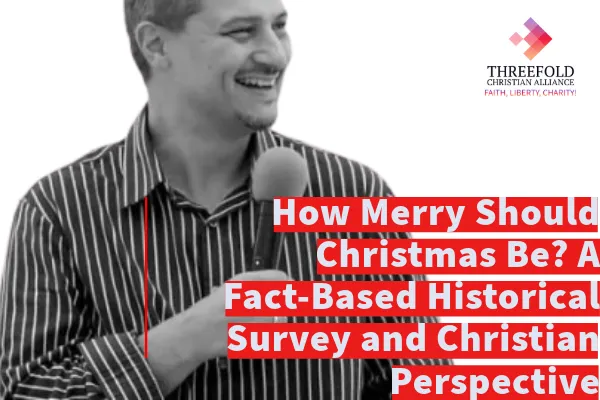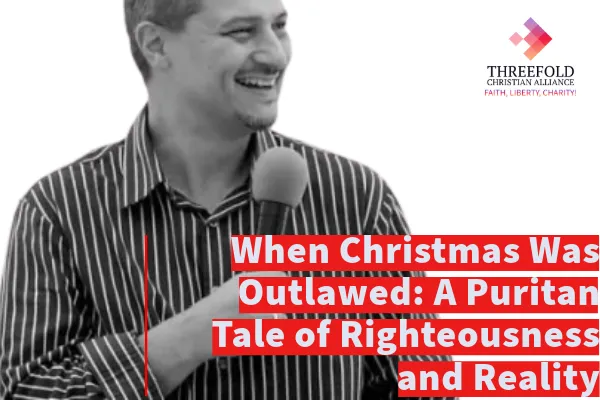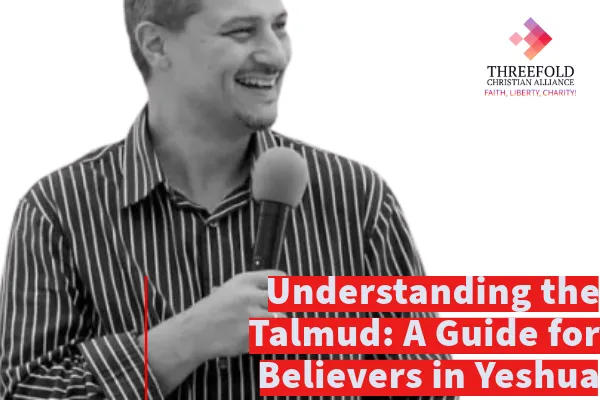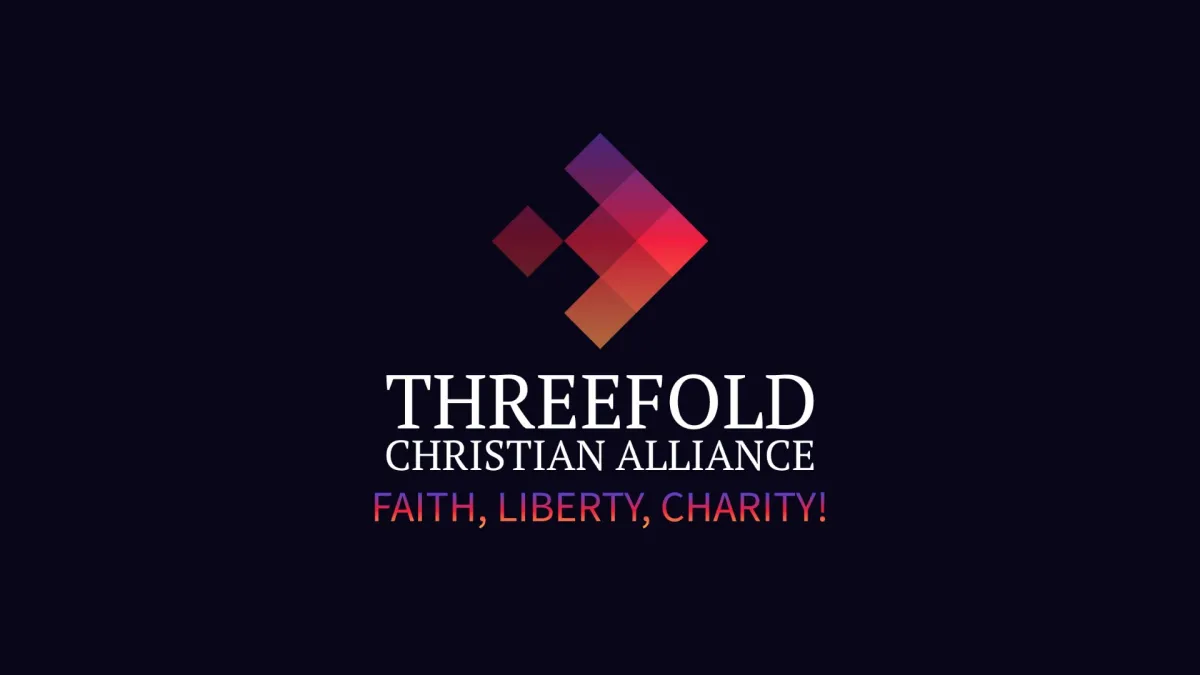THREEFOLD BLOG
The Philanthropy Phenomenon: A Tale of Two Nations and Their Views on Humanity
Imagine a world where everyday people, inspired by their beliefs, band together to feed the hungry, educate the young, and heal the sick—not because the government mandates it, but out of a deep sense of shared human worth.
How Merry Should Christmas Be? A Fact-Based Historical Survey and Christian Perspective
Christmas is one of the most beloved holidays in the world, filled with lights, gifts, and family gatherings. But where did it come from, and should Christians celebrate it? This is a question that stirs debate among believers.
When Christmas Was Outlawed: A Puritan Tale of Righteousness and Reality
The Puritans weren’t joyless killjoys by accident. These strict Protestants fled England to build a “city upon a hill,” a society purified of what they saw as corrupt, unbiblical traditions leftover from Catholicism and even older pagan roots.
Understanding the Talmud: A Guide for Believers in Yeshua
The Talmud, a cornerstone of rabbinic Judaism, can seem mysterious or even intimidating at first. Yet, exploring it thoughtfully can enrich our understanding of Scripture, history, and culture. In this post, I will draw from a series of teachings by the Netivyah Bible Instruction Ministry, based in Jerusalem, Israel, to provide a clear overview: what the Talmud is, its historical development, and—most importantly—how we as believers should approach and relate to it.
Threefold Christian Alliance is a Minnesota based 501 (c) 3 organization
serving the Body of Christ internationally.
To learn more about Threefold, please click here!
Threefold Christian Alliance is a Minnesota based 501 (c) 3 organization serving the Body of Christ internationally.
To learn more about Threefold, please click here!
